Clay's Variation characteristics in the Compound Soil of Arsenic Sandstone and Sand under Corn Conditions
DOI: 10.23977/LSUH.2018.11005 | Downloads: 32 | Views: 5894
Author(s)
Zhang Ruiqing 1,2
Affiliation(s)
1 Shaanxi Provincial Land Engineering Construction Group Co., Ltd., Xi'an 710075, China; Shaanxi Provincial Land Consolidation Engineering Technology Research Center, Xi'an 710075, China;
2 Key Laboratory of Degraded and Unused Land Consolidation Engineering, the Ministry of Land and Resources, Xi'an 710075, China; Institute of Land Engineering and Technology, Shaanxi Provincial Land Engineering Construction Group Co., Ltd., Xi'an 710075, China
Corresponding Author
Zhang RuiqingABSTRACT
By studying the variation features of 0-70cm soil layer clay particles composited by mixture of Pisha sandstone and sand in different proportions, theory basis is provided in order to promote the sustainable utilization of Mu Us Sandy Land. Three types of composite soil patterns that the mixing ratios were 1:1, 1:2 and 1:5 respectively between Pisha sandstone and sand were set in Fuping, Shannxi from 2010 to 2012; soil clay content was measured after crop harvesting, to analyze the change features of clay particles in composite soil of different mixing ratio. In three types of composite soil, clay particles are mainly concentrated at 0-30cm on the soil surface, clay content is low subsoil. In terms of the mixing ratio of different Pisha sandstone and sand, on account of the higher proportion of Pisha sandstone in 1:1 composite soil, the clay content is the highest in topsoil, the size relationship of which is 1:1>1:2>1:5. With the increase of planting years, clay - enriched soil layer has a tendency of downward transport, especially the remarkable downward transport for the clay in topsoil, in addition, the clay ratio in subsoil has a small increase. The change features of clay particle in composite soil will result in desertification tendency for the composite topsoil and the loam tendency for the subsoil. Suitable arable layer in the entire soil profile may tend to become thicker, which is more conducive to plant growth.
KEYWORDS
Pisha sandstone; Sand; ParticleCITE THIS PAPER
Ruiqing, Z., Clay's Variation characteristics in the Compound Soil of Arsenic Sandstone and Sand under Corn Conditions. Landscape and Urban Horticulture (2018) Vol. 1: 29-34.
REFERENCES
[1] Wang Y-C, Wu Y-H, Kou Q, et al. Definition of arsenic rock zone borderline and its classification. Science of Soil and Water Conservation, 2007, 5 (1): 14-18(in Chinese)
[2]Han Jichang, Xie Jiancang, Zhang Yang. Potential Role of Feldspathic Sandstone as a Natural Water Retaining Agent in Mu Us Sandy Land, Northwest China [J]. Chinese Geographical Science. 2012, 22 (5): 550-555.
[3]Li X-L Su Y, Qi X-H. The experimental analysis study of soft sandstone soil properties in the plateau hilly region [J]. Journal of Inner Mongolia Agricultural University, 2011, 32 (1): 315-318(in Chinese)
[4] Huang C-Y. Soil Science. Beijing: China Agriculture Press, 2005. 74-79(in Chinese)
[5] Xiong S-G. Basic Soil Science. China Agricultural University Press, Beijing, 2001
[6]Singer MJ, Munns DN. Soils, An Introduction. MacMillan Publishing Company, New York, USA, 1987.
[7]Bouma TJ, Bryla DR. On the assessment of root and soil respiration for soils of different textures: interactions with soil moisture contents and soil CO2 concentrations. Plant and Soil. 2000, 227: 215-221.
[8]Liu J-L, Ma X-Y, Zhang Z-H. Spatial Variation and Its Influence Factors of Soil Moisture Characteristic Curve in Different Soil Layers [J]. Transactions of the Chinese Society for Agricultural Machinery, 2010, 41 (1): 46-52.
[9]Sollins P, Homann P, Caldwell B. Stabilization and destabilization of soil organic matter: mechanisms and controls. Geoderma. 1996, 74: 65-105.
[10]Sims ZR, Nielsen GA. Organic carbon in Montana soils as related to clay content and climate. Soil Science of America Journal. 1986, 50: 1269-1272.
[11]Alvarez R, Lavado RS. Climate, organic matter and clay content relationships in the Pampa and Chaco soils, Argentina. Geoderma. 1998, 83: 127-141.
| Downloads: | 1641 |
|---|---|
| Visits: | 102119 |
Sponsors, Associates, and Links
-
Journal of Sustainable Development and Green Buildings
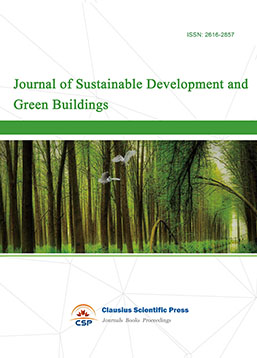
-
Bridge and Structural Engineering
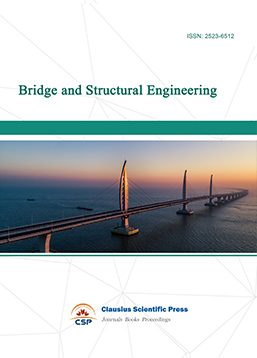
-
Soil Mechanics and Geotechnical Engineering
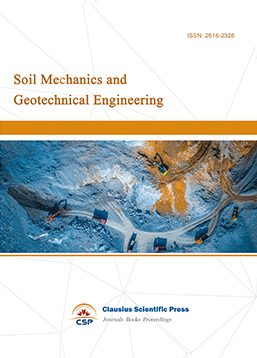
-
Journal of Civil Engineering and Urban Planning
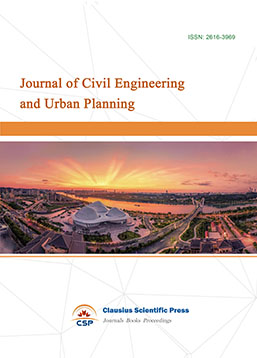
-
Journal of Municipal Engineering
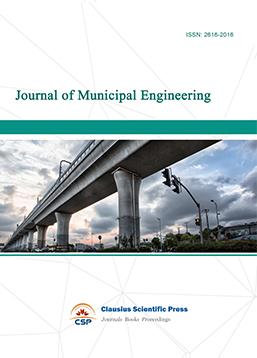
-
Heating, Ventilation and Air Conditioning
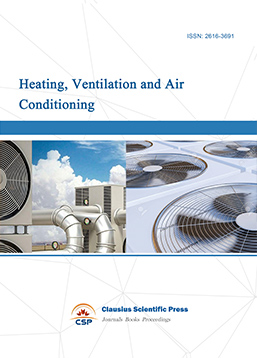
-
Indoor Air Quality and Climate
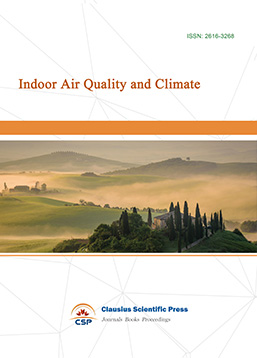
-
Computer Aided Architecture Design


 Download as PDF
Download as PDF